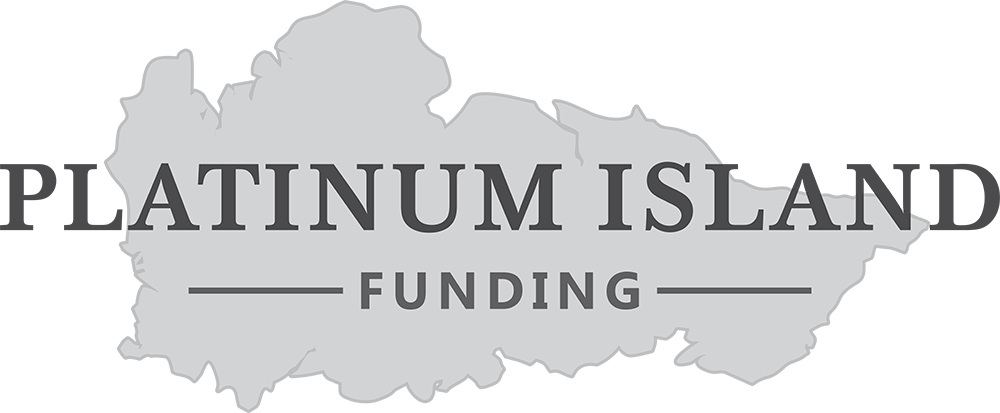Starting and growing a small business can be challenging, especially when it comes to securing financing. With numerous options available, it’s important to understand which loan best suits your needs. One option that stands out for many small business owners is the SBA loan. These loans, offered by the Small Business Administration, provide affordable and flexible financing solutions for small to medium-sized businesses.
In this blog, we will explore the benefits of SBA loans and how they can help your business grow and thrive. Whether you’re managing cash flow, expanding your operations, or simply looking for affordable funding options, an SBA loan could be the right choice for you.
What Is an SBA Loan?
Before diving into the advantages of SBA loans, let’s briefly explain what an SBA loan is. SBA loans are government-backed loans that are offered by approved lenders but are partially guaranteed by the U.S. Small Business Administration. This guarantee helps reduce the risk for lenders, making it easier for small businesses to access funding, even if they have less-than-perfect credit or limited collateral.
Ready to Fuel Your Business Growth? Discover How an SBA Loan Can Help You Thrive
1. Lower Interest Rates and Flexible Terms
One of the biggest benefits of SBA loans is their affordable interest rates. Since the SBA guarantees a portion of the loan, lenders are more willing to offer lower rates to borrowers.
- SBA loan interest rates are generally lower than traditional business loans or credit lines.
- Interest rates can be fixed or variable, depending on the specific loan program.
- SBA loans also typically come with long repayment terms, ranging from 7 to 25 years, which helps keep monthly payments manageable for small businesses.
SBA Loan Interest Rates: How They Compare to Other Loans
When compared to small business administration loans or other financing options, SBA loan interest rates are often far more affordable. For instance, conventional business loans and business credit cards tend to have higher interest rates, often reaching double digits. SBA loans, on the other hand, offer rates as low as 5%, depending on the loan type and term.
2. Flexible Loan Terms and Use of Funds
Another major advantage of SBA loans is their flexibility in terms of both the loan structure and how the funds can be used. SBA loans can be used for a wide variety of business purposes, including:
- Working capital: To cover day-to-day expenses.
- Equipment: Purchase new or used equipment to grow your operations.
- Real estate: Buy, refinance, or renovate business property.
- Debt refinancing: Consolidate high-interest debt into one manageable loan.
- Business expansion: Invest in inventory, marketing, and staff.
This flexibility makes SBA loans a great choice for businesses in various industries, whether you need cash for immediate working capital or long-term growth.
3. Longer Repayment Terms and Lower Monthly Payments
SBA loan benefits include longer repayment terms, which can significantly lower your monthly payments. Depending on the purpose of the loan, SBA loan terms can be as long as 25 years for real estate or equipment financing.
- The long-term repayment structure allows businesses to invest in growth without the stress of looming, high-interest payments.
- Lower monthly payments free up more cash flow to reinvest in the business or cover other operating costs.
4. Lower Down Payments and No Prepayment Penalties
For many small business owners, one of the biggest hurdles to obtaining financing is coming up with the required down payment. Fortunately, SBA loans typically require lower down payments compared to traditional loans.
- For SBA 7(a) loans, the down payment can be as low as 10%.
- There are no prepayment penalties with SBA loans, meaning you can pay off the loan early without incurring additional fees, allowing for further savings.
5. Easier to Qualify for Than Traditional Loans
SBA loans are often easier to qualify for than other traditional financing options, such as bank loans. While SBA loans do have eligibility requirements, they are generally more accessible for small businesses, especially those with less-than-perfect credit.
- If you’ve been denied financing through traditional channels, an SBA loan might be a great alternative.
- The SBA’s guarantee gives lenders more confidence in offering loans to small businesses, even those with a less-than-ideal credit history.
Think You Won’t Qualify? SBA Loans Might Surprise You – Check Your Eligibility in Minutes
6. SBA Loans Support Business Growth and Job Creation
One of the key goals of the SBA is to promote entrepreneurship and support the growth of small businesses, which in turn creates jobs. SBA loans are designed to help business owners achieve long-term success, whether they are opening their first location or expanding an established operation.
- These loans provide access to capital that can help businesses create new jobs and contribute to the local economy.
- As a small business owner, securing an SBA loan can help you scale your operations and hire additional staff.
How to Apply for an SBA Loan
Applying for an SBA loan involves several steps, but the process is straightforward once you understand what to expect. Here’s a general overview of how to apply:
- Prepare your documents: Be ready to submit financial statements, tax returns, and a detailed business plan.
- Choose your lender: Find an SBA-approved lender that specializes in the type of loan you need.
- Submit your application: Complete the application form and submit the required documents.
- Wait for approval: SBA loan applications can take several weeks to process, so be patient.
Sign the loan agreement: If approved, review and sign the loan agreement.
Conclusion
SBA loans offer a wealth of advantages for small business owners looking for affordable and flexible financing. From lower interest rates and longer repayment terms to lower down payments and easier eligibility requirements, these loans provide small businesses with the capital they need to grow and succeed.
If you’re looking for a reliable and low-cost financing option, consider applying for an SBA loan. Whether you need capital for working capital, equipment, or business expansion, an SBA loan can help you achieve your business goals.
Start Your SBA Loan Application Now – Simple, Secure, and Designed for Small Businesses
Frequently Asked Questions
What is the difference between SBA 7(a) and SBA 504 loans?
SBA 7(a) loans are flexible and can be used for various purposes such as working capital, real estate, and debt refinancing. SBA 504 loans, on the other hand, are specifically for purchasing long-term assets, such as real estate or large equipment.
Can I qualify for an SBA loan with bad credit?
While having a good credit score improves your chances, SBA loans are more accessible than traditional loans, even for businesses with less-than-perfect credit. The SBA guarantee helps offset the risk for lenders.
How long does it take to get an SBA loan approved?
The approval process for SBA loans can take anywhere from a few weeks to a couple of months, depending on the loan type and the completeness of your application.
What are the SBA loan eligibility requirements?
Eligibility for SBA loans depends on several factors, including the size of your business, your credit history, and how you intend to use the funds. You must operate for-profit and meet SBA’s size standards.


